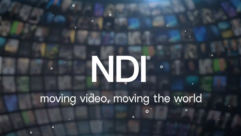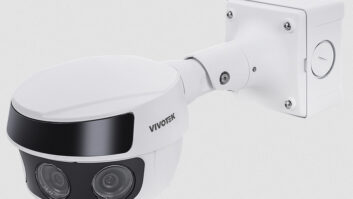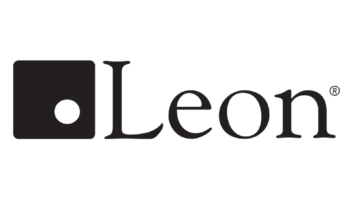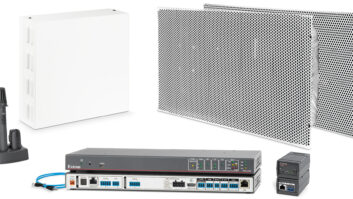5-Minute Interview: Lon Troxel
PlayNetwork finalized its merger with Seattle-based AV and networking service provider Crows Nest Entertainment in July, allowing the company to offer its in-store digital video networks with Crows Nest’s advertising sales services.
Lon Troxel, Executive chairman and CEO, PlayNetwork, a Redmond, WA-based entertainment solutions provider. PlayNetwork finalized its merger with Seattle-based AV and networking service provider Crows Nest Entertainment in July, allowing the company to offer its in-store digital video networks with Crows Nest’s advertising sales services.
Pro AV:What is the significance of PlayNetwork’s recent acquisition of Crows Nest Entertainment?
Troxel: The most important aspect of the acquisition was to help PlayNetwork launch itself into the digital display business. Crows Nest Entertainment (CNE) had a long-standing relationship with CompUSA, which had become a video advertising model customer for CNE by using its high-definition satellite network to offer advertising positions on CompUSA’s in-store computer and plasma screens. Secondly, we were interested in some of their key management, including Jim Wessels. He had developed expertise in the industry related to video advertising and working with customers like CompUSA.
Pro AV:How does PlayNetwork execute an installation rollout for a customer with multiple locations around the country? Do you hire local systems integrators?
Troxel: Yes, we hire local systems integrators. We have a large stable of national subcontractor relationships that fit into our G.I.G.S. (Great Installations — Great Systems) quality assurance program. We use that network and qualify members for different levels and types of work to do all of our national account work for music and/or systems.
Pro AV:How does a systems integrator become part of the G.I.G.S. network?
Troxel: We’re continually recruiting new members. We attend all of the industry trade shows, take referrals from existing G.I.G.S. subcontractors, and seek additional contacts as we participate in industry events. Then we put them through a pre-qualification process, which includes evaluating their skill sets, training, rates, geographical coverage, liability insurance, the tools they have at their disposal, and whether they look professional and communicate well to best represent PlayNetwork at client installations.
Pro AV:What are the key markets you’re currently targeting, and which markets do you plan to focus on in the near future?
Troxel: We’re doing some work now in health clubs and in the retail/hospitality sector. We’re well established in our specialty retail and restaurant marketplace, and as we expand with video, we’ll be looking at the service industry and financial institutions to complement the digital display part of our business.
5-Minute Interview: Lon Troxel
PlayNetwork finalized its merger with Seattle-based AV and networking service provider Crows Nest Entertainment in July, allowing the company to offer its in-store digital video networks with Crows Nest’s advertising sales services.
Pro AV:Your strategy focuses on branding a customer’s business. Do you consider PlayNetwork to be more of a marketing company or an AV systems supplier?
Troxel: I think we’re both. Our approach may to be more of a marketing relationship with our customers, but eventually we’re an integrator of AV systems. Through consulting and collaborating in the sales and marketing process, we end up delivering a custom AV systems solution for them.
Pro AV:Has product commoditization shifted the AV sales proposition from selling the best sound and image to an emphasis on the content played on the system?
Troxel: If you serve customers for complete solutions, I don’t think the systems side is focused on commoditization. In our case, we try to provide a full solution. Content is always important, but the delivery vehicle of that content is equally important. What we do in our systems business adds value to the overall relationship with the customer.










